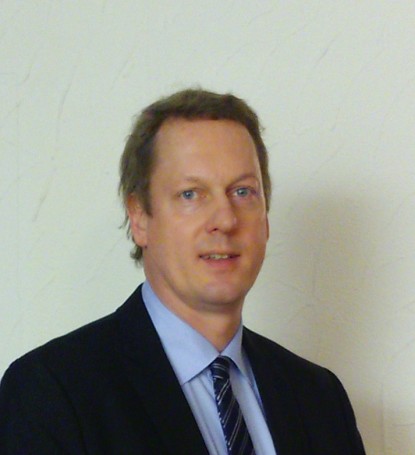Relativistic Electrodynamics
Modul No.
18-kb-2020
Module Cycle
WiSe
Learning Content
Basics of tensor analysis (tensor fields, transformation behavior, invariance, Ricci calculus, covariant derivative, differential operators), Lorentz transform, fundamental relativistic effects (time dilation, length contraction, Doppler effect), covariant form of Maxwell’s equations, induction law from relativistic point of view, relation to relativistic mechanics, four-vectors and four-tensors, electromagnetic energy-momentum tensor and Maxwell’s stress tensor, applications of relativistic electrodynamics.
Please Note
This lecture can be used as a replacement for the discontinued lecture “Beschleunigung geladener Teilchen im elektromagnetischen Feld”.
Current Information
--
Radio Frequency Systems for Particle Accelerators
Modul No.
18-kb-2040
Module Cycle
SoSe
Learning Content
Repetition of transmission lines and waveguides, S-parameters. RF components, RF measurements, cavities loaded with magnetically permeable materials, cavities based on classical resonators, cavity equivalent circuit, beam loading, basic terms and definitions of nonlinear dynamics, RF acceleration, longitudinal phase space, particle tracking equations, Liouville's theorem, adiabaticity, RF systems for special beam manipulations, closed-loop and open-loop control (LLRF) systems.
Current Information
--
Project Seminar / Advanced Project Seminar Particle Accelerator Technology
Modul No.
18-kb-1020 / 18-kb-2030
Module Cycle
WiSe/SoSe
Learning Content
Work on a more complex project in the field of particle accelerator technology. Depending on the specific problem, measurement aspects, analytical aspects, and simulation aspects will be included.
Please Note
If you are interested in this course, please enroll via TUCaN before the lectures start. An invitation mail to a Kick-Off Meeting in the first week will be sent to the enrolled students via TUCaN.
After the Kick-Off Meeting took place, a registration for the exam in TUCaN is mandatory.
After the course has started, there are no further enrollments possible.
The project is organized as a team work challenge. Therefore, interested students shall jointly register for the course and jointly participate in the kickoff meeting. The team typically consists of three students working on the project.
Current Information
In WiSe 2025/2026 the topic is “Robust Optimization of IIR Filters for Synchrotron LLRF Systems”.
Completed Projects
A list of completed projects can be found here: Student Projects
Scientific Working and Writing (formerly Proseminar Accelerator Technology)
Modul No.
18-kb-1001 (formerly 18-kb-1000)
Module Cycle
WiSe/SoSe
Learning Content
This course offers knowledge that is necessary to deal with scientific literature. After initial training in original scientific literature to a given topic the students prepare a summary of a scientific paper and present their results.
Current Information
--
Completed Seminars
A list of completed seminars can be found here: Student Projects

